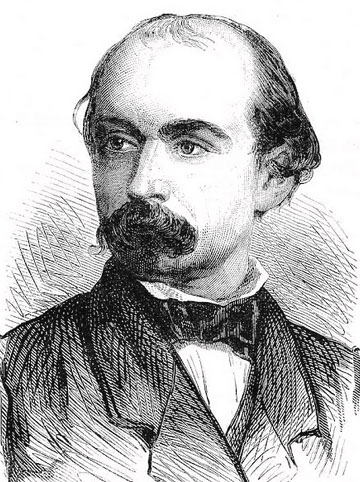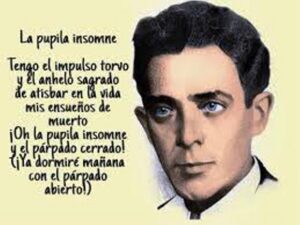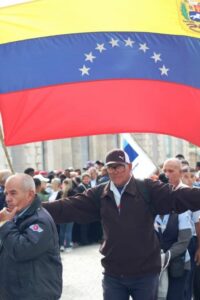Álvaro Reynoso: The Alchemist of Cuban Land.

Alvaro Reynoso was not an armchair scientist. His vocation led him to travel through coffee plantations, sugarcane fields, and laboratories, always with his sights set on the structural transformation of Cuban agriculture.

In the crucible of the 19th century, when science was still caught between intuition and method, a figure emerged in Cuba who combined both poles with singular mastery: Álvaro Reynoso Valdés.
Born on November 4th, 1829, in Alquízar, this Cuban scholar became the architect of national scientific agriculture, a title not conferred upon him by decree, but by the forcefulness of his work and the depth of his thought.
His training in Paris, under the tutelage of European luminaries, allowed him to absorb the most advanced currents of physiological chemistry and agrochemistry, which he then transplanted with rigor and passion to the Caribbean soil.
Álvaro Reynoso was not an armchair scientist. His vocation led him to travel through coffee plantations, sugarcane fields, and laboratories, always with his sights set on the structural transformation of Cuban agriculture.
In 1859, upon assuming the direction of the Institute of Chemical Research of Havana, he transformed that institution into one of the first agronomic stations in the world.
From there, he promoted a comprehensive system of sugarcane cultivation, based on varietal selection, soil chemical analysis, the use of fertilizers, and rational irrigation. His purpose was clear: to diversify agriculture and erode the economic foundations of slavery.
His magnum opus, «Essay on the Cultivation of Sugarcane,» not only systematized technical knowledge but also proposed an emancipatory vision for the Cuban countryside.
In it, science and politics, empirical data and reformist aspirations are intertwined. Influenced by thinkers such as José Antonio Saco and the Count of Pozos Dulces, Francisco de Frías, Reynoso understood that agricultural modernization had to go hand in hand with social justice. Therefore, his proposals were as bold as they were unsettling for conservative sectors, who saw slavery as an indispensable pillar of the sugar economy.
The scope of his research transcended the island’s borders. His methods were successfully applied in Java, then a Dutch colony, and his studies on the nutritional balance of plants, based on Liebig’s theories, marked a milestone in tropical agrochemistry.
Even in France, where he lived for almost two decades, he developed innovations in food preservation and sugarcane juice extraction, although many of them did not find the necessary support for industrial implementation. His genius, however, never yielded to failure.
Despite his merits, Reynoso faced institutional disdain and competition from European-trained agricultural engineers, who sidelined him for not holding recognized degrees.
In his later years, without state support, he improvised an experimental field in the backyard of his house in the Cerro neighborhood, where he continued his research on crops such as coffee, cacao, and tobacco. From there, and through his contributions to the Diario de la Marina newspaper, he kept the flame of scientific dissemination alive, even when poverty and neglect threatened to extinguish it.
Álvaro Reynoso died on August 11th, 1888, in Havana, living in poverty but surrounded by the dignity of his legacy. His life was a symphony of knowledge, a crusade for useful and emancipatory science.
Today, his name resonates as that of a pioneer, a visionary who understood in Cuban soil not only its nutrients but also its potential for redemption. In times when sustainability and food sovereignty are global emergencies, his thinking acquires a luminous relevance.
Written by Yadiel Barbón.




